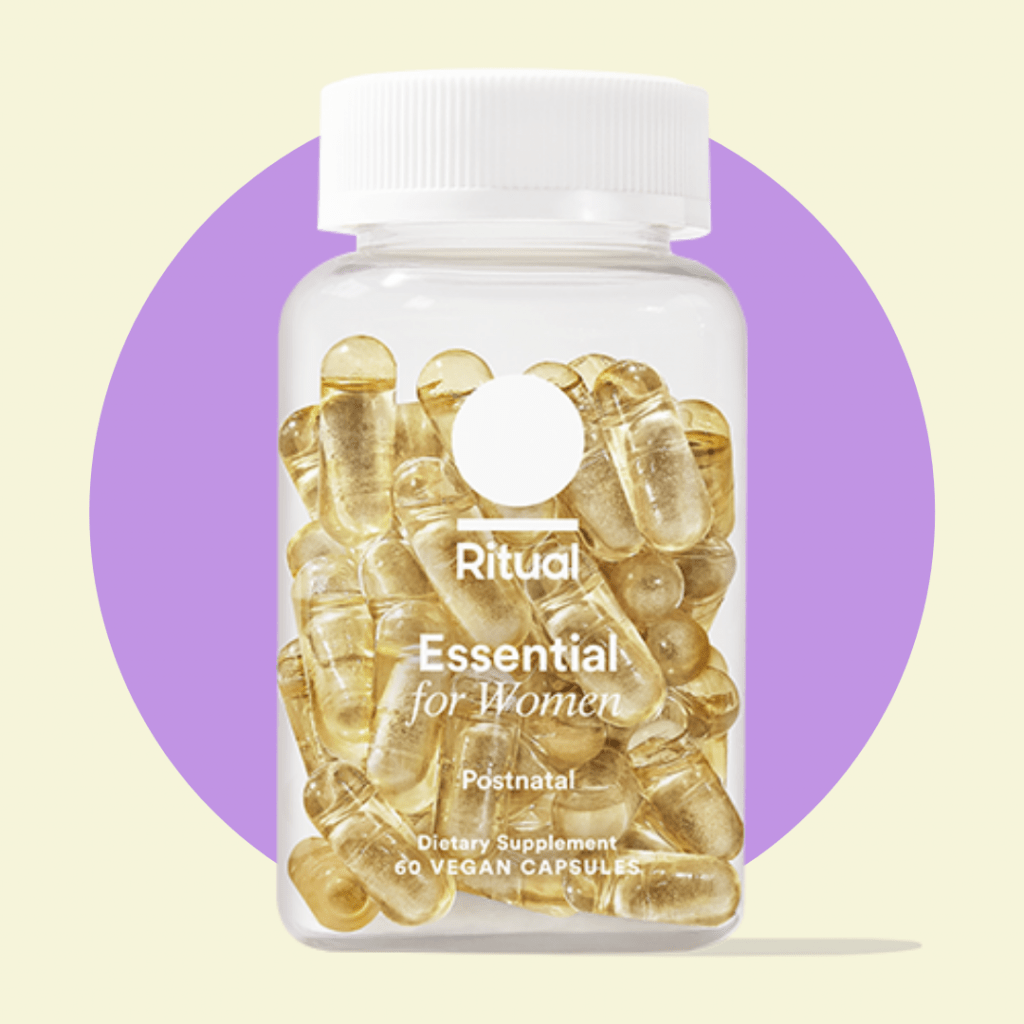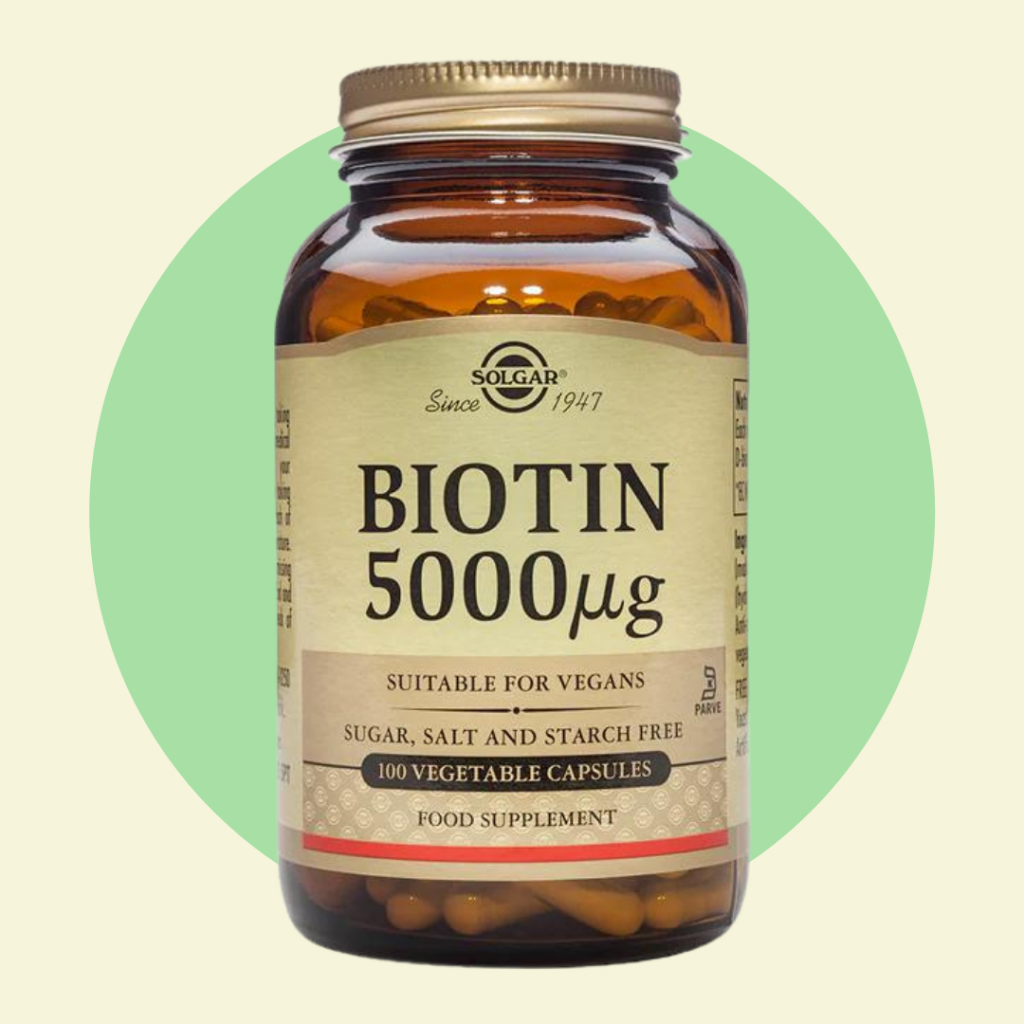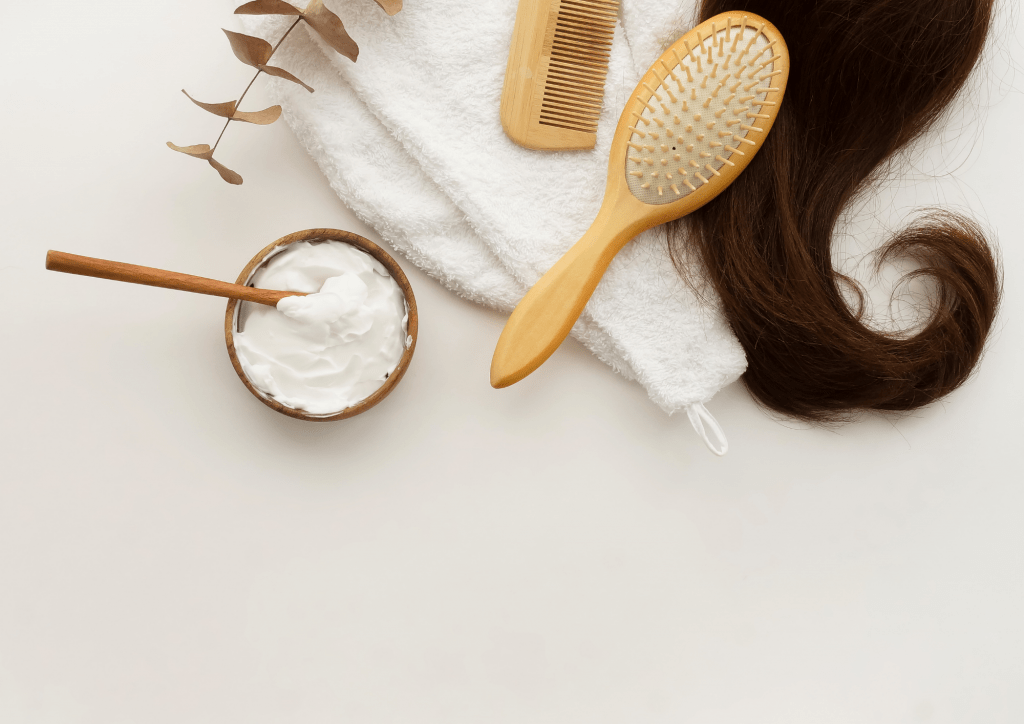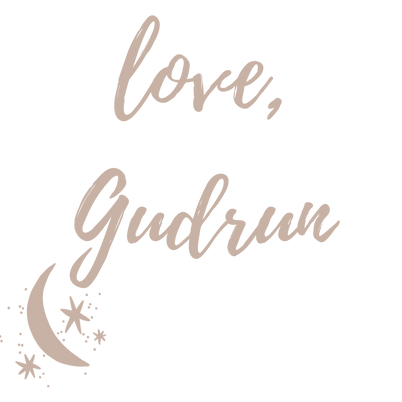Of all the things nobody tells you about what to expect when having a baby, massive hair loss after pregnancy has got to be the cruelest.
During your pregnancy you probably had a beautiful thick mane of glossy hair, adding to your lovely pregnancy “glow”. Then, a few months later, you’re pulling out clumps of hair and shovelling bucket-loads of bicarbonate of soda down the drain to clear the blockages. All while sleep-deprived and still hormonal. Thanks, Mother Nature!
In this article I’m going to look at why hair loss after pregnancy happens, when you should be concerned about it, and what you can do about all this postpartum shedding.
Table of Contents
BABY! This is a reusable block, so whatever edits you make in it will apply everywhere it is used. If you want to remove this disclaimer from a post then be careful to delete the parent block (type ‘Reusable Block’ – icon is lego brick), and not to delete the group, image and/or the paragraph blocks (cos then they’ll be deleted from every instance of the reusable block).
Disclaimer: This post contains ethical affiliate links that I genuinely recommend. I may receive a small percentage of any purchases you make as a result of clicking those links. This comes at no extra cost to you and helps me to run this site. Read my full disclosure
Is hair loss after pregnancy normal?
Yes, hair loss after pregnancy is completely normal and happens to most postpartum mothers. During pregnancy, hormonal changes make the hair go into a phase of constant growth. Then, once baby has been born, changing levels of oestrogen put the hair into a temporary “resting” phase and it starts to fall out.
Postpartum hair loss is essentially your body shedding the extra hair you grew during pregnancy. Even though it looks like you’re losing all your beautiful locks, you’re really just transitioning back to your normal state.
How long does postpartum hair loss last for?
Postpartum hair loss peaks at around 4 months postpartum and should start to clear up between 6-12 months. Your hair should be back to its normal thickness by the time you get to your baby’s first birthday. Postpartum hair loss isn’t permanent and does not cause any scarring or other permanent damage.
When should I be concerned about postpartum hair loss?
If your postpartum hair loss continues after your baby’s first birthday, you should go and see your GP or a dermatologist. The impact of pregnancy on your hair should be over by that point so there may be other medical issues causing your continued hair loss. These might include:
- Low iron levels/anemia
- Low Vitamin D levels
- Thyroid problems
- Autoimmune issues
- Side effects from any medication you’re on
Changes in hormonal birth control can also impact hair growth as can some herbal supplements. Check the side effects of any medication or other supplements you’re taking to see if they’re contributing to the problem.
You should also note that mothers with PCOS (polycystic ovary syndrome), Crohn’s disease, Coeliac disease and chronic renal failure are more likely to suffer from chronic postpartum hair loss. If you suffer from any of these you should discuss your hair loss with your healthcare provider.
Do postpartum vitamins help with hair loss?
There’s no evidence to suggest that general postpartum multivitamins can help with hair loss after pregnancy. However, there’s no harm in taking them for your general postpartum health and wellbeing.
If you do want to take a postpartum multivitamin, I recommend Ritual as the highest quality choice.
It uses only the highest quality ingredients and includes all the top hair-boosting supplements like zinc, biotin and Vitamin D.
Ritual’s time-release capsules are also vegan and free from gluten and major-allergens. Plus they’re non-GMO, so no nasties there.
What can I do about postpartum hair loss?
There are a few natural treatments and vitamins you can use to help with you with hair loss after pregnancy. These include:
- Biotin supplements
- A pro-hair diet full of essential vitamins
- Natural hair treatments
- Healthy hair practices
Biotin supplements
Biotin is a B vitamin (B7) that is often used to promote healthy hair, skin and nails. A biotin deficiency is rare but does leed to hair thinning, which is why supplements have become popular for boosting growth.
There is currently no evidence that a biotin supplement will help hair growth. However many women using it for hair loss after pregnancy do find it beneficial.
As a supplement, it’s not regulated in terms of quantity and there’s no specific dose you should take. Solgar Biotin, however, is vegan and has strong potency.
International readers can find Solgar Biotin at iHerb while UK readers can order from Holland & Barrett.
A pro-hair diet for hair loss after pregnancy
Although there are no magic foods you can eat to improve your postpartum hair loss, a nutrient dense diet with no deficiencies is vital for your overall health. The nutrients associated with hair health and growth are:
- Protein
- Zinc
- Iron
- Biotin
If, like me, you’re on a plant-based diet then some of these nutrients can be harder to come by. Vegan-friendly foods containing the hair-boosting nutrients include:
| Protein | Zinc | Iron (add a rich vitamin C food to help aid absorption) | Biotin |
| Tofu and tempeh | Legumes i.e. peas, beans and lentils | Lentils | Legumes i.e. peas, beans and lentils |
| Lentils | Tofu | Chickpeas | Nuts and seeds |
| Chickpeas | Oats | Kale | Sweet potatoes |
| Edamame beans | Nuts and seeds | Dried apricots, figs and raisins | Mushrooms |
| Nuts and seeds | Wild rice | Pumpkin seeds | Bananas |
| Spirulina | Shiitake mushrooms | Quinoa | Broccoli |
| Quinoa | Spinach | Fortified breakfast cereals | Yeast – either nutritional or brewer’s |
| Seitan | Avocados | Avocados | |
| Hemp, flax and chia seeds | Asparagus |
For a complete list of plant-based foods you should eat for a nutrient-rich diet, download my free vegan pregnancy nutrient list. Even though you’re probably not pregnant anymore, it’s full of useful and surprising plant foods that will benefit you.
Natural hair treatments
As well as looking at what’s going into your body you can try some natural treatments to go directly onto your hair. Don’t be tempted to spend lots of money on postpartum hair products. Many of them contain harmful chemicals such as phthalates and parabens, known as endocrine disruptors. These play havoc with your hormonal system and should be avoided at all costs, not least because they can seriously mess up your fertility. Check out my post on harmful beauty products if you want to know more.
Instead, you could try castor oil or smashed avocado masks on your hair. The theory is that the rich fatty acids provide essential proteins to stimulate hair thickness and growth. Again there’s no evidence supporting this but it’s a pretty cheap and low-risk option to try.
Healthy hair practices
And finally, there are many basic healthy hair practices that will help with the overall appearance and health of your hair:
- Use a volumising shampoo to improve appearance
- Avoid conditioning shampoos as they weigh the hair down
- Only use a lightweight conditioner and use it at the very tips of the hair. This will again avoid weighing the hair down
- Avoid pulling your hair back very tight. This puts your hair under stress and causes breakages
- Don’t towel dry with Terry cloth towels. This agitates your hair, making it more susceptible to break
- Avoid heat styling
- Consider a shorter haircut as this is less susceptible to breakage
- Extend the time you leave between washes to allow your hair to repair more naturally
- Don’t brush your hair when it’s wet as this will cause unnecessary breakage
So those are my top natural treatments and vitamins for hair loss after pregnancy. I hope you find them helpful.
I know that postpartum hair loss can be incredibly upsetting and dent your self-esteem. This is especially hard while you adjust to your new, post-birth body. But don’t forget that it’s perfectly normal and temporary. Show compassion and kindness to yourself. Remember what an incredible thing your body just did in making a new precious human life. You’re amazing, Mama. Hold your head (and all its beautiful hair) up high.
Wishing you much love and joy in your postpartum journey.






